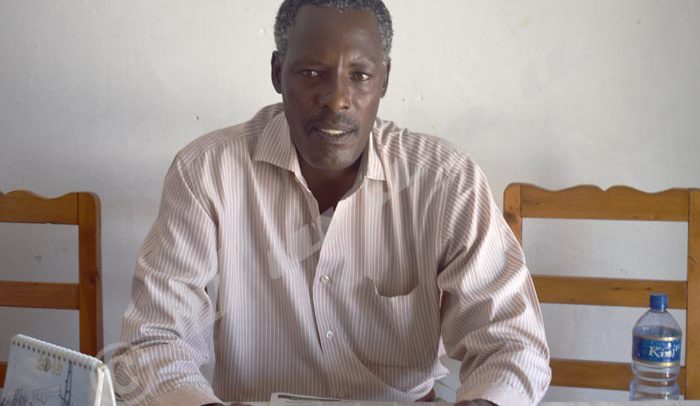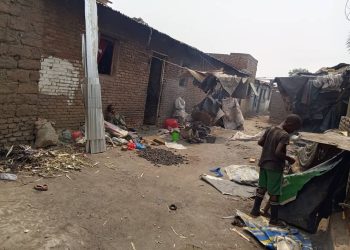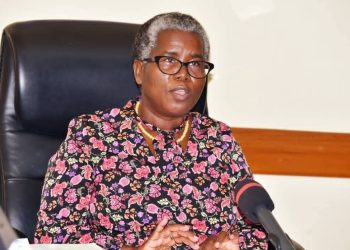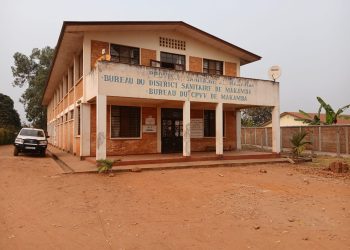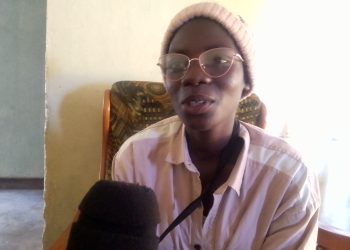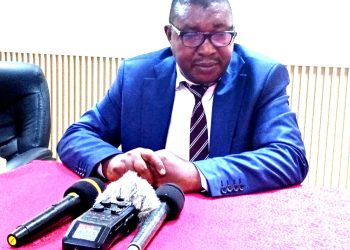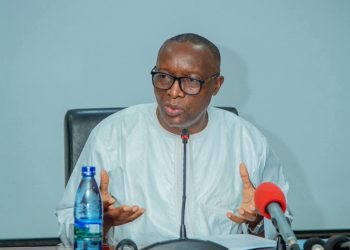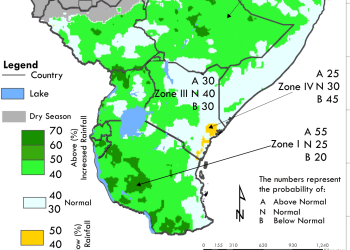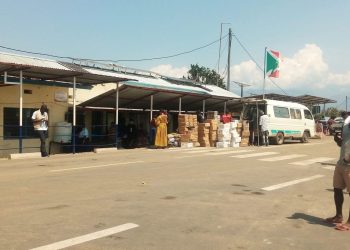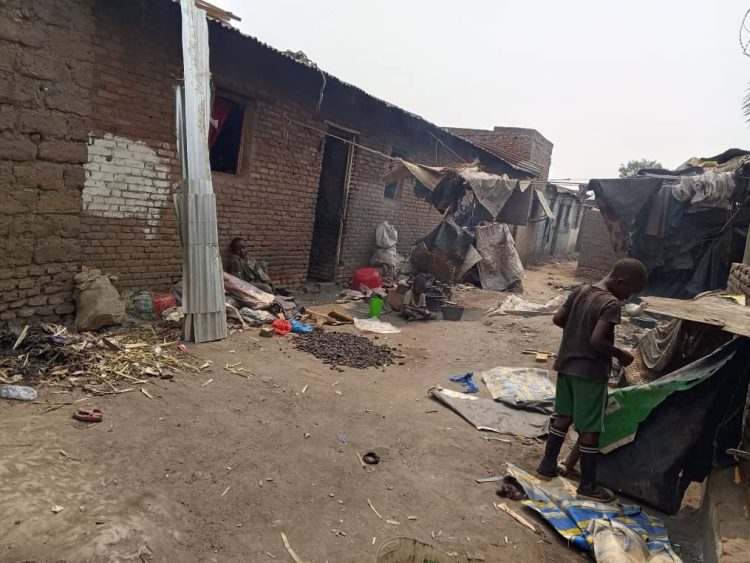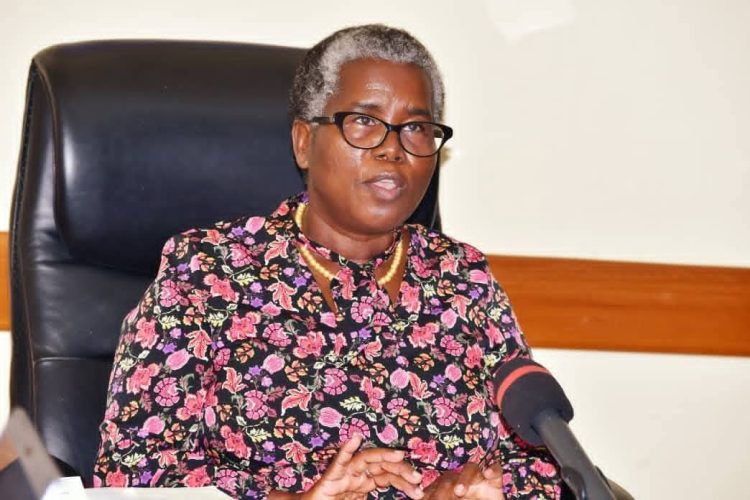The chairman of Burundian teachers’ Union-CONAPES, Emmanuel Mashandari, says the number of teachers allowed by the 2017 budget is not enough. Only 800 teachers will be recruited; 400 in secondary education and 400 remaining others in primary education.
“The number of teachers planned in the 2017 budget is too low. Many basic schools are being built, and they need new teachers”, says Mashandari, Chairman of the Union of Burundian Teachers- CONAPES.
Today, even one province needs more teachers, taking into account the figures that were required over the past few years. The example is that of Karuzi province which needs at least five hundred teachers i.e. an average of 80 percent of figures planned in the 2017 budget.
«In post-basic schools, new sections have been added since the education system has changed. Instead of three sections of the traditional system, we have five in the new system.
The new sections have recently been created in different Burundian schools. This requires the employment of other teachers”, says Mashandari, emphasizing the need to employ a big number of teachers.
Nowadays, the provincial and communal education directorates are asking for a higher number of teachers, estimated at between 500 and 1000.
By the beginning of the post- basic system, new courses like Entrepreneurship and Swahili language have been introduced. “Such courses require teachers qualified in the two domains whereas they are in a small number. The situation is so while there are many unemployed teachers who are able to teach those courses”, says Mashandari.
He calls on the Burundian government to do its best to ensure the number of teachers is sufficient throughout the country as it opted for “Education for All”.
Victor Ndabaniwe in charge of human resources in the ministry of education says they have not yet determined the number of teachers needed throughout the country in 2017.
The budget allocated to the education sector has been reduced by more than BIF 8 billion compared to the previous one i.e. BIF 4 billion for 2017 against more than 12 billion of 2016.
Some say this significant decline risks jeopardizing the government’s education policy of introducing new reforms.
Iwacu

